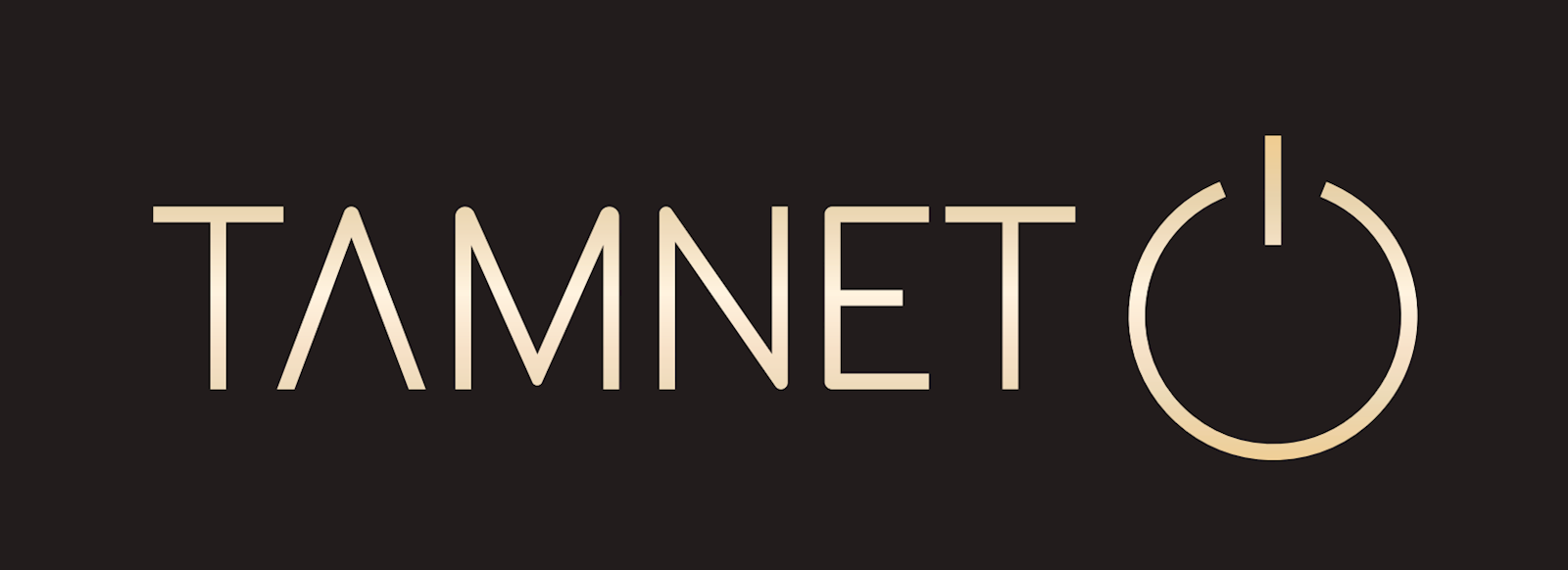TAMNET
That Outlet isn't Working
Saleh Al Tamami
Somehow everyone knew my name and I was that guy who is handling that service. My phone rings loudly. “Saleh, we’re in the middle of a war room, get in here we need access to your systems!” said the hyper-driven telco executive. “War room?” I asked myself. What seemed as a pool of sharks, dolphins and jelly fish, suddenly had mines and torpedoes?
Frantically I walk into a glass walled room with white boards for walls on one side, filled with diagrams and doctor’s-prescription-like hand writing. With a sweaty puffed face, to say the least, I smile to a room of anxious “solutions architects”, “product owners” and “customer segment experts”.
Of course, my laptop was running low on battery. They needed access to my systems ASAP. As I frantically hook up the charger to the electricity port underneath the board room table, I check to see if my laptop is charging, but lo and behold, it isn’t. They need access to my systems. A sweat drop hits my mouse pad.
“That outlet isn’t working” the product owner says. “see the sticker that says “not working?”. They all laugh. I die a little inside. Change outlets. Power on, let’s go.

New environments are scary at first
This was my first, and largest project, at a major telecom operator in Oman. With relatively little experience in super large scale (bloated), super-fast (slow) super technical (bureaucratic) technology environments, and with little handover from my partner (who just had a baby), I dove in head first, bleeding, from a shark’s first nibble and thirst for flesh.
After the war room, I walked through the floors of what can only be described as a live jungle matrix of screens and bad back postures, and my first impressions were; “this is unnecessarily complicated. I am in the belly of the beast, but this is excitingly intimidating”.
As the days, weeks and months went by, I got to meet, and learnt from, the humans driving this convoluted beast of servers, switches, mobile phones and white boards, and most importantly, the customers they bleed and stay up at night for. Least to say, I empathized and fell in love with it all. A tear drop now splashes on my mouse pad.
I ran Oman’s first and largest telco fintech service, managing between the service provider and their telco operator partner. Least to stay this engagement had lots of successes and hard lessons learnt. Many realizations and “aha!” moments. But my largest key take away was this:
This can be done better and smarter.
This does not only apply to the service I managed (and I am very grateful for the opportunity to be “that guy handling that service”), but it applies more generally. Integrating and creating any service within a telco environment, especially for a fintech application, should be much easier, faster, leaner.
This problem is not one that I came across for the first time, nor was it exclusive to my experience. Almost everyone accepts that this is a challenge, and sadly, many accept that it's a reality. It was almost a reason to justify the industry, and the large costs (and prices) attached to delivering large scale IT solutions and services.
Little did I know, that there was already an industry dedicated to how this exact problem should be looked at.
The whole is greater than the sum of its parts
In the natural world, ecosystems are defined as a biological community of interacting organisms and their physical environment. In technology, an analogy couldn’t be better applied. But are the organisms operating as a community within their environment? Seldom is that true.
Tech solutions are developed in different code bases and languages. And when tech systems need to speak to each other, they need to find a common language, or one dominates the other. The translators in technology are APIs (Application Programming Interfaces).
Most importantly, it is the will and genuine desire, to work and leverage each other’s strengths as organisms, while recognizing each other’s weaknesses, to better operate in a global business environment. Ecosystem building is the true embodiment of leadership, because you empower and give an opportunity, for other leaders within the ecosystem, to lead in their own right.
Today my company TAMNET is not only building an ecosystem - with telecom operator partners mind you - that give technicals and non-technicals the tools and platform for innovators to create (and monetize) their own services and integrations in a fraction of minutes, leveraging telco communication assets. For more context on communication platforms as a service, check out tamnet.io/insights
But TAMNET today is going beyond, by empowering organisms such as telcos, financial institutions and enterprises in the ecosystem, to embed machine learning powered processes and AI to their tool set. By unearthing value from their data, such enterprises can streamline internal processes, or help to better profile their customers for credit risk management purposes.
Oman is doubling down on its quest for seamless digital integrations and ecosystem building, lead by His Majesty Sultan Haitham bin Tariq’s implementation of vision 2040. I would like to think we are playing a small part in it.
I often remember that electricity socket that didn’t work, and the laughter that filled the air. I picked another socket and shared access to my systems. Power on, let’s go.
To learn more head to Tamnet.io
